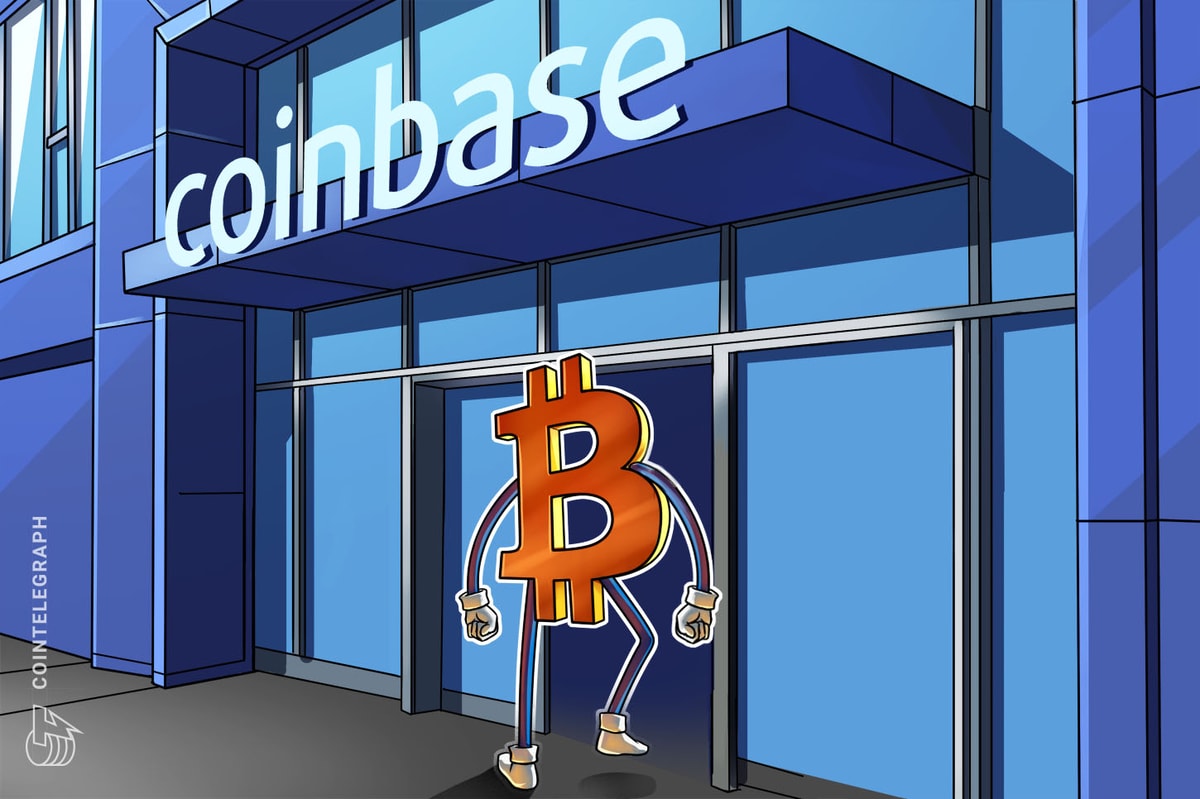Update (July 23 at 21:48): This article has been updated to include dYdX’s response about the potential sale of its v3 technology.
Decentralized exchange dYdX is reportedly discussing the sale of some of its derivatives trading software.
A July 23 Bloomberg report citing anonymous sources said dYdX Trading Inc., the developer of the dYdX exchange, has been negotiating the deal with crypto market makers
Among the potential buyers of dYdX’s v3 protocol are Wintermute Trading and Selini Capital. Wintermute Trading is a United Kingdom-based algorithmic trading firm specializing in digital assets, while Selini Capital manages alternative investments, particularly digital assets.
dYdX later said in a statement that it was “exploring strategic alternatives related to the v3 technology,” which does not include the Ethereum smart contract or other technology governed by the utility token. “DYDX token holders would, of course, have to vote to approve any changes to the smart contracts that underly v3,” the protocol explained.
A few minutes after the potential sale was reported, dYdX v3 was compromised. In a warning posted on social media platform X, users were advised not to visit the dYdX website or click any links until further notice.

DYdX v3 primarily focuses on perpetual contracts — a type of futures contract with no expiry date that allows traders to speculate on the price of cryptocurrencies with leverage. According to data from DefiLlama, its v3 has a cumulative trading volume of $1.22 trillion since January.
dYdX’s next chapter
The possible deal follows recent changes in the exchange’s leadership. On May 13, dYdX’s founder, Antonio Juliano, stepped down from his CEO position without giving any indication of his future plans.
Prior to founding dYdX, Juliano was a software engineer at companies such as Coinbase, Uber and MongoDB. The company is now led by Ivo Crnkovic-Rubsamen, dYdX’s former chief strategy officer. Investors on dYdX include venture firms Andreessen Horowitz and Paradigm.
After a community vote, the protocol launched its v5 in June, introducing isolated margin, isolated markets and support for Raydium Markets. The changes allowed traders to assign collateral to specific trades, reducing the risk of cross-trade collateral impact and providing dedicated insurance for each collateral pool.
Magazine: 1 in 6 new Base memecoins are scams, 91% have vulnerabilities











